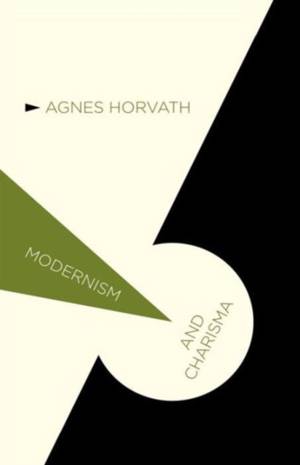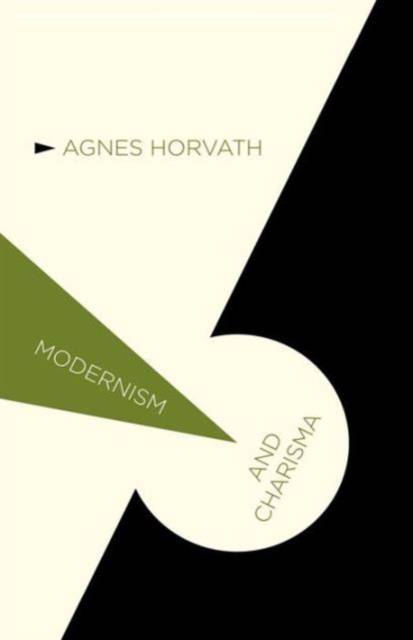
- Retrait gratuit dans votre magasin Club
- 7.000.000 titres dans notre catalogue
- Payer en toute sécurité
- Toujours un magasin près de chez vous
- Retrait gratuit dans votre magasin Club
- 7.000.000 titres dans notre catalogue
- Payer en toute sécurité
- Toujours un magasin près de chez vous
76,45 €
+ 152 points
Format
Description
Looking at the relationship between modernity and the rise of charismatic leaders, Agnes Horvath uses 'threshold' situations to trace the conditions out of which political regimes developed. The focus on rationalism and structure has led to a systematic neglect of uncertain liminal moments, which gave new direction to societies and cultures.
Spécifications
Parties prenantes
- Auteur(s) :
- Editeur:
Contenu
- Nombre de pages :
- 187
- Langue:
- Anglais
- Collection :
Caractéristiques
- EAN:
- 9781137277855
- Date de parution :
- 19-02-13
- Format:
- Livre relié
- Format numérique:
- Genaaid
- Dimensions :
- 132 mm x 206 mm
- Poids :
- 340 g







